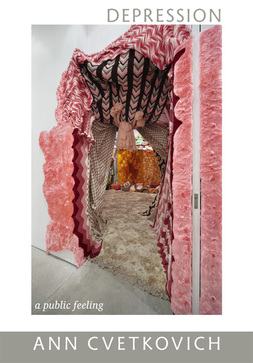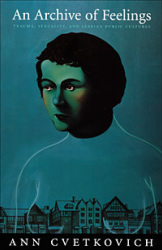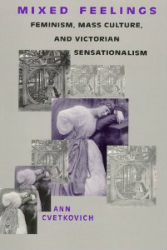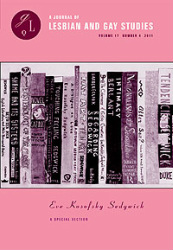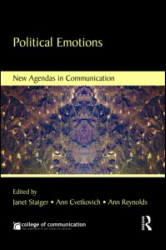Books
Depression: A Public Feeling
|
Press and Reviews
Lydia Perovic in Daily Xtra Elaine Showalter in The Chronicle Review Tyler Cowan in The New York Times [pdf] Sally Munt in Times Higher Education Ben Myers and Desireé Rowe, podcast interview by The Critical Lede Cindy Widner in Austin Chronicle Talitha Stevenson in The New Stateman [pdf] Nina Lary in Bitch Magazine [pdf] Irene Javors in Harvard Gay and Lesbian Review [pdf] Cindy Widner in Kirkus Reviews Jessa Crispin in Bookslut William Burton in Lambda Literary Review Kate Zambreno in The New Inquiry Rachel Pepper in Curve [pdf] |
An Archive of Feelings: Trauma, Sexuality, and Lesbian Public Cultures
|
Mixed Feelings: Feminism, Mass Culture, and Victorian Sensationalism
|
GLQ: A Journal of Lesbian and Gay Studies
|
Political Emotions
|
